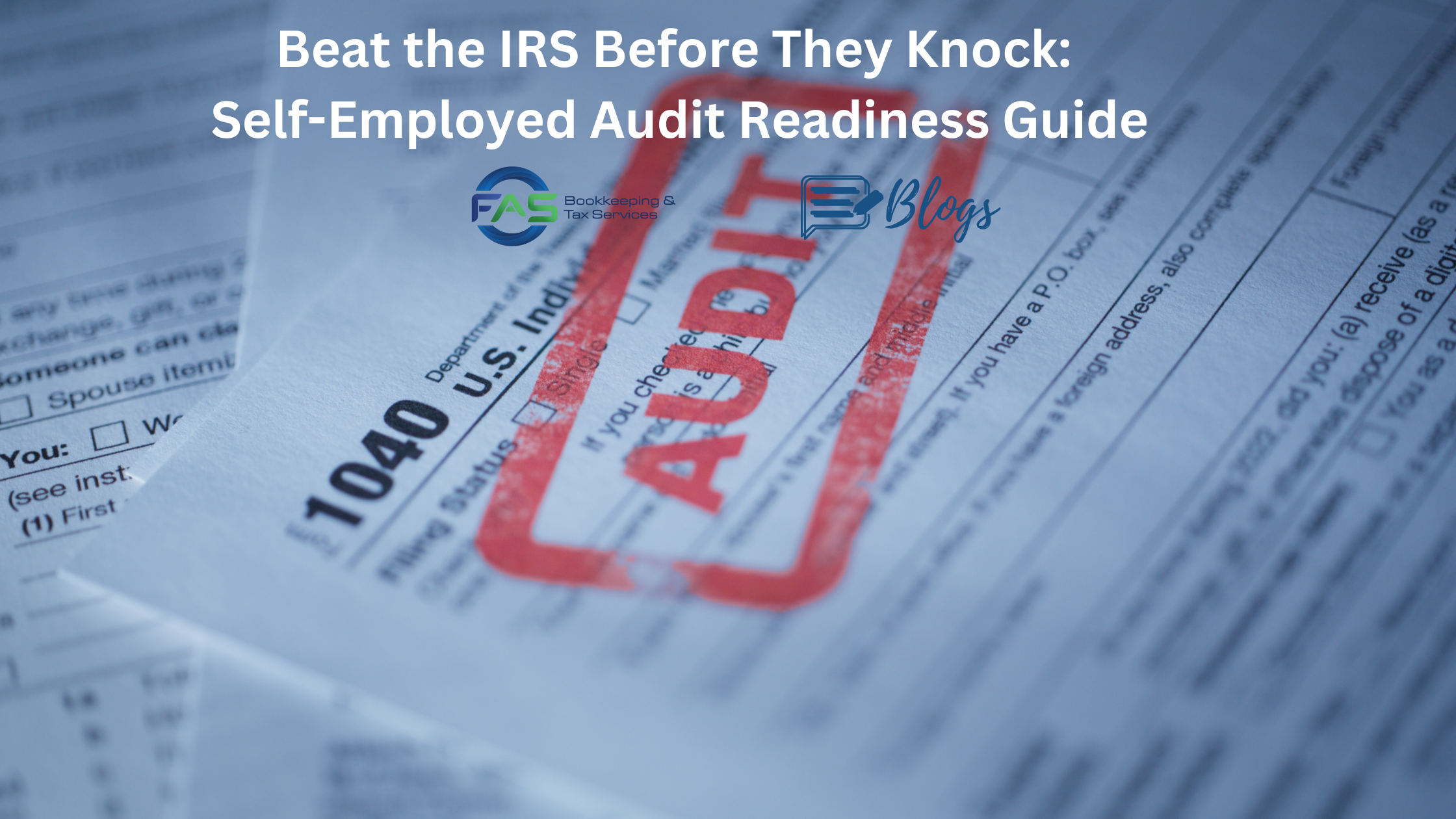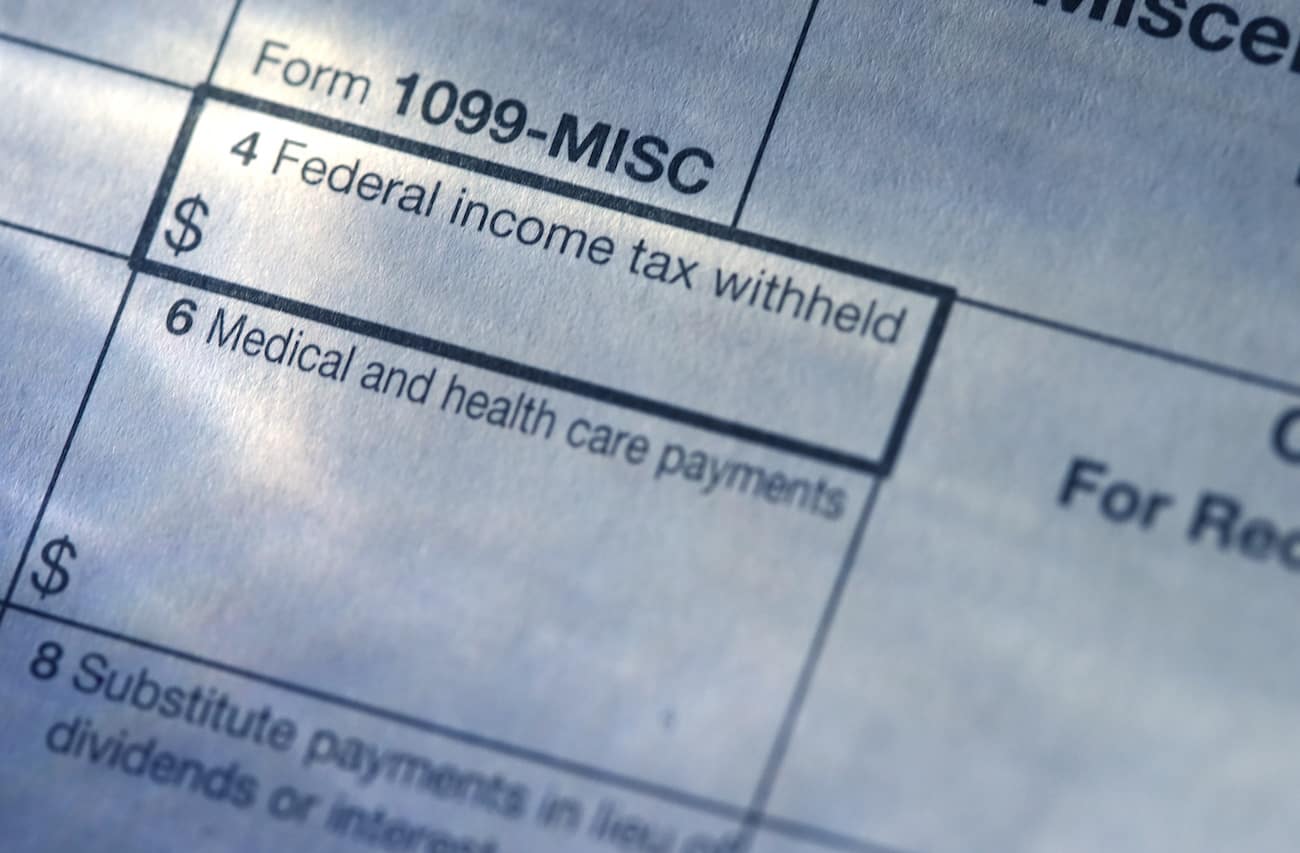Form 1040 is considered as the most important tax form and arguably IRS Forms 1099 comes a close second to this ranking. These 1099 Forms arrive in late January and the IRS sees these forms very important because it enables easy computer matching against tax returns. If you don’t report these forms, be ready to receive a tax notice.
Since it’s now late January, here are some key things to know about these 1099:
- Generally, businesses must issue the forms to any payee (other than a corporation) who receives $600 or more during the year. That’s the basic rule but there are many different exceptions, make sure you are up to date with the tax rules. Every Form 1099 includes the payer’s employer identification number and the payee’s Social Security number. The IRS matches Forms 1099 with the payee’s tax return.
- Any mistakes and discrepancies on Form 1099 should be reported and explained on your tax return and be sure to present evidence to back up your claims.
- Forms 1099 should never be ignored, if you received one, be sure to complete it. There’s a 1099-INT for interest; 1099-DIV for dividends; 1099-G for state and local tax refunds and unemployment benefits; 1099-R for pensions and payouts from your individual retirement accounts; 1099-B for broker transactions and barter exchanges; 1099-S for real estate transactions, etc. There are many categories, but the Form 1099-MISC (for miscellaneous) seems to prompt the most questions and covers the biggest territory.
- If you received income and didn’t receive a Form 1099, you’re not off the hook. Remember the general rule, if you have received an income, always report it.
- Update your address directly with payers, as well as putting a forwarding order in with the U.S. Post Office. You’ll want to see any forms the IRS sees.
- Any Form 1099 sent to you also goes to the IRS. The deadline is Jan. 31 for mailing Forms 1099 to taxpayers, but the payer generally has until the end of February to send all its Forms 1099 to the IRS.
- Errors on Form 1099 must be addressed immediately. The payer must be notified to file the corrected form as soon as possible.
If you need assistance with your Form 1099 and preparing your tax returns, FAS has an enrolled agent that could help you! Contact us today at admin@fas-accountingsolutions.com or at 832-437-0385.





